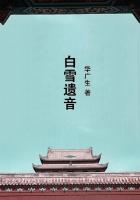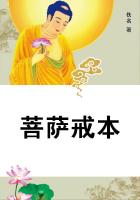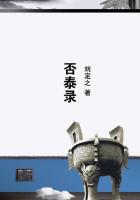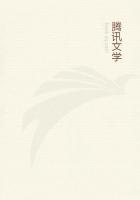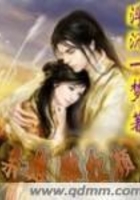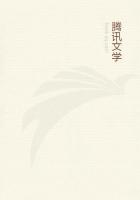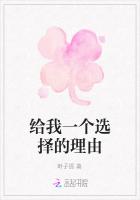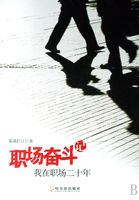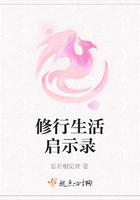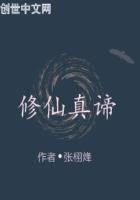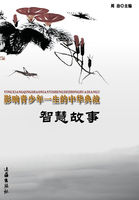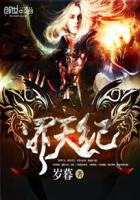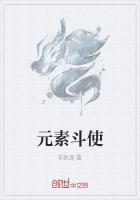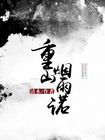This little story after half a century certainly gives one pleasure still to recall, and proves, I think, that cakes may be enjoyed long after they have been eaten, and also that there is a great deal to be said for justice with lollipops in the scale.
But what would Rosamond's parents have thought of such a decision? One shudders to think of their disapproval, or of that of dear impossible Mr. Thomas Day, with his trials and experiments of melted sealing-wax upon little girls' bare arms, and his glasses of tar-water so inflexibly administered. Miss Edgeworth, who suffered from her eyes, recalls how Mr. Day used to bring the dose, the horrible tar-water, every morning with a 'Drink this, Miss Maria!' and how she dared not resist, though she thought she saw something of kindness and pity beneath all his apparent severity.
Severity was the order of those times. The reign of sugar-plums had scarcely begun. It was not, as now, only ignorance and fanaticism that encouraged the giving of pain, it was the universal custom. People were still hanged for stealing, women were still burnt--so we have been assured--in St. Stephen's Green; though, it is true, they were considerately strangled first. Children were bullied and tortured with the kindest intentions; even Maria Edgeworth at her fashionable school was stretched in a sort of machine to make her grow; Mr. Day, as we know, to please the lady of his affections, passed eight hours a day in the stocks in order to turn out his knock-knees. One feels that a generation of ladies and gentlemen who submitted to such inflictions surely belonged to a race of heroes and heroines, and that, if the times were difficult and trying, the people also were stronger to endure them, and must have been much better fitted with nerves than we are.
Miss Edgeworth's life has been so often told that I will not attempt to recapitulate the story at any length. She well deserved her reputation. Her thoughts were good, her English was good, her stories had the charm of sincerity, and her audience of children was a genuine audience, less likely to be carried away by fashion than more advanced critics might be. There is a curious matter-of-fact element in all she wrote, combined with extraordinary quickness and cleverness; and it must be remembered, in trying to measure her place in literature, that in her day the whole great school of English philosophical romance was in its cradle; George Eliot was not in existence; my father was born in the year in which THE ABSENTEE was published. Sir Walter Scott has told us that it was Miss Edgeworth's writing which first suggested to him the idea of writing about Scotland and its national life. Tourgenieff in the same way says that it was after reading her books on Ireland that he began to write of his own country and of Russian peasants as he did. Miss Edgeworth was the creator of her own special world of fiction, though the active Mr. Edgeworth crossed the t's and dotted the i's, interpolated, expurgated, to his own and Maria's satisfaction. She was essentially a modest woman; she gratefully accepted his criticism and emendations. Mr. Clark Russell quotes Sydney Smith, who declared that Mr. Edgeworth must have written or burst. 'A discharge of ink was an evacuation absolutely necessary to avoid fatal and plethoric congestion.' The only wonder is that, considering all they went through, his daughter's stories survived to tell their tale, and to tell it so well, with directness and conviction, that best of salt in any literary work. A letter Maria wrote to her cousin will be remembered. 'Ibeg, dear Sophy,' she says, 'that you will not call my stories by the sublime name of my works; I shall else be ashamed when the little mouse comes forth.'
Maria's correspondence is delightful, and conveys us right away into that bygone age. The figures rapidly move across her scene, talking and unconsciously describing themselves as they go; you see them all through the eyes of the observant little lady. She did not go very deep; she seems to me to have made kindly acquaintance with some, to have admired others with artless enthusiasm. I don't think she troubled herself much about complication of feeling; she liked people to make repartees, or to invent machines, to pay their bills, and to do their duty in a commonplace and cheerfully stoical fashion. But then Maria Edgeworth certainly did not belong to our modern schools, sipping the emetic goblet to give flavour to daily events, nor to that still more alarming and spreading clique of DEGENERES who insist upon administering such doses to others to relieve the tedium of the road of life.
Perhaps we in our time scarcely do justice to Miss Edgeworth's extraordinary cleverness and brightness of apprehension. There is more fun than humour in her work, and those were the days of good rollicking jokes and laughter. Details change so quickly that it is almost impossible to grasp entirely the aims and intentions of a whole set of people just a little different from ourselves in every single thing; who held their heads differently, who pointed their toes differently, who addressed each other in a language just a little unlike our own. The very meanings of the words shift from one generation to another, and we are perhaps more really in harmony with our great-great-grandfathers than with the more immediate generations.
Her society was charming, so every one agrees; and her acquaintance with all the most remarkable men of her time must not be forgotten, nor the genuine regard with which she inspired all who came across her path.
'In external appearance she is quite the fairy of our nursery tale, the WHIPPETY STOURIE, if you remember such a sprite, who came flying through the window to work all sorts of marvels,'
writes Sir Walter. 'I will never believe but what she has a wand in her pocket, and pulls it out to conjure a little before she begins those very striking pictures of manners.'

